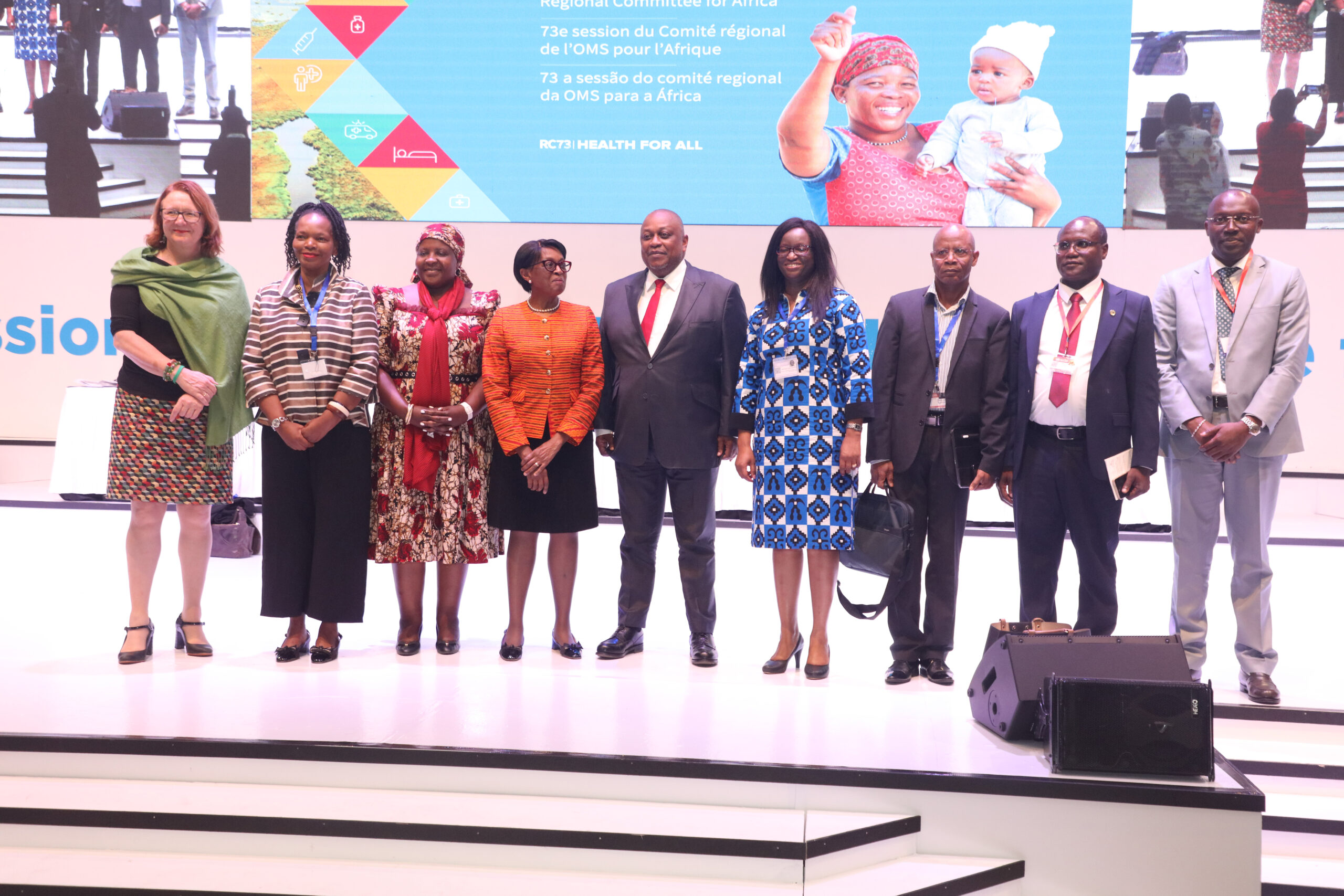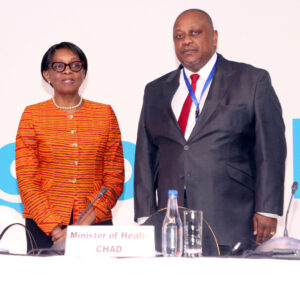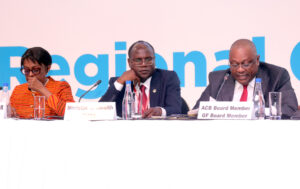Africa’s Pioneering Role in Reshaping Global Health
- September 8, 2023
- Africa
- By The Bureau
- Read in French

The African Constituency Bureau (ACB), in a strategic alliance with the Global Fund, WHO AFRO, FGHI, and GAVI, convened a side event at the 73rd WHO/AFRO Regional Committee. Titled “Strategic Priorities for Africa’s Engagement in Global Health Initiatives,” the event was a watershed moment, signaling Africa’s ascendant role in shaping the future of global health. The side event, a momentous gathering unfolded in the heart of Botswana, on August 31, 2023, in Gaborone.

In a groundbreaking proposal, leaders advocated for WHO/AFRO Regional Committee to serve as a platform for identifying shared health priorities across the continent. [clickandtweet handle=”” hashtag=”” related=”” layout=”” position=””]ACB emerged as a catalyst for transformative change in global health diplomacy, crafting synchronized strategies attuned to individual country needs, even in fragile states.[/clickandtweet] A spotlight was cast on the pivotal role of local ownership and adaptability, asserting that solutions must be rooted in the very communities they serve, guided by the evolving priorities of African leadership.

The ‘Future of Global Health Initiatives’ (FGHI) leadership unveiled the process to date undertaken to actively listen to African voices in this ongoing, time-bound initiative, a multi-stakeholder journey of dialogue, research, deliberation, and action set to span until 2023. [clickandtweet handle=”” hashtag=”” related=”” layout=”” position=””]This initiative seeks to reimagine Global Health Initiatives to make them more effective, efficient, and equitable. It aims to ensure they complement domestic financing for maximal impact, steering countries towards universal health coverage (UHC)[/clickandtweet].
Representatives from diverse nations shared their stories, underscoring the paramount importance of collaboration, streamlined efforts, and synchronized priorities. Guinea-Bissau laid bare the challenges that African nations face in bolstering their healthcare systems, emphasizing the dire need for external funding and partnerships with global health initiatives like the Global Fund. Chad eloquently endorsed the notion of collaboration over competition among global health initiatives. The criticality of bolstering community health systems and fostering partnerships with civil society, particularly to reach marginalized populations, was a resounding theme. In crafting a Health Sector Strategic Plan, Malawi unveiled its blueprint for harmonized planning, budgeting, and reporting, effectively harnessing the support of global health initiatives.

The consensus resounded clearly, that national coordination mechanisms must rise to the occasion, effectively managing funds from global health initiatives, thus promoting efficiency and accountability. The testimonies also bore witness to the undeniable power of collaboration, dialogue, and partnership among African nations, culminating in a clarion call to organize dedicated sessions to delve deeper into this topic.
As the curtain fell on this groundbreaking event, one message reverberated above all: Africa is not merely a stakeholder but a trailblazer, poised to lead the global health agenda into a new era.


